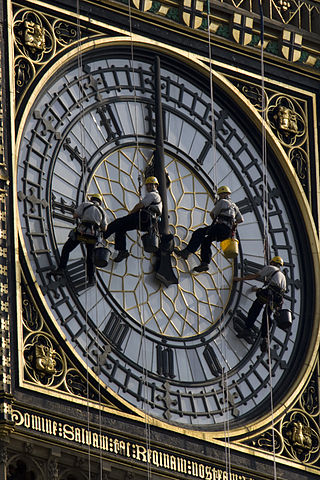
Justice Amitava Roy of the Supreme Court's vacation bench asked counsel for the respondent in a motor accident insurance claim case, whether he knew the time of the day. The question left his colleague on the bench, Justice Pinaki Chandra Ghose, as well as the counsel, surprised and trying to figure out where he was going.
As both Ghose and counsel looked at the clock in the court room showing 12 noon, the possible metaphor that justice Roy wanted to convey through his question to the counsel made everyone in the court room curious.
The respondent (the State, through Inspector of Police, Tamil Nadu) contended that the appellant, Hanuman Chand, had entered into a conspiracy to backdate a motor insurance policy, as the vehicle was in an accident five hours after the policyhad been issued.
The bench found that there was no doubt that the insurance premium was paid and the proposal was received on 22 September 1988 at 4:30 pm, although the policy was only actually issued on 23 September 1988, after it was signed by the superior officer.
The insured vehicle was in an accident at 9 pm on 22 September 1988.
The bench set aside the Madras high court order which favoured the respondent, without any iota of evidence.
Asking the counsel for the respondent why the officer who had signed the policy was not an accused, Justice Roy wondered how section 20 of the Prevention of Corruption Act, dealing with a presumption of guilt, could be invoked here.
Roy told the counsel that when the bill rings, it could lead to several presumptions.
It could suggest the beginning or end of a class, or a puja at a temple, or the departure of a train or the pressing of a door bell.
Roy implied that the respondent's contention of a presumption of conspiracy - without an iota of evidence - is akin to the bell ringing, without the listener knowing the actual reason behind it.
Photo by Phooto
threads most popular
thread most upvoted
comment newest
first oldest
first
I read this till end.
threads most popular
thread most upvoted
comment newest
first oldest
first